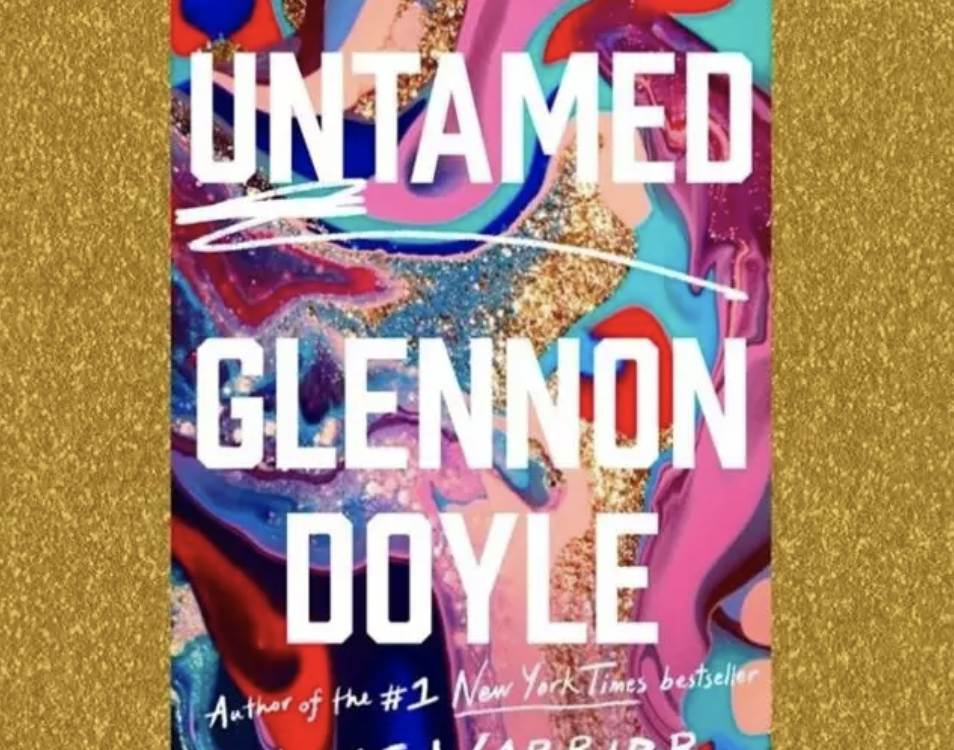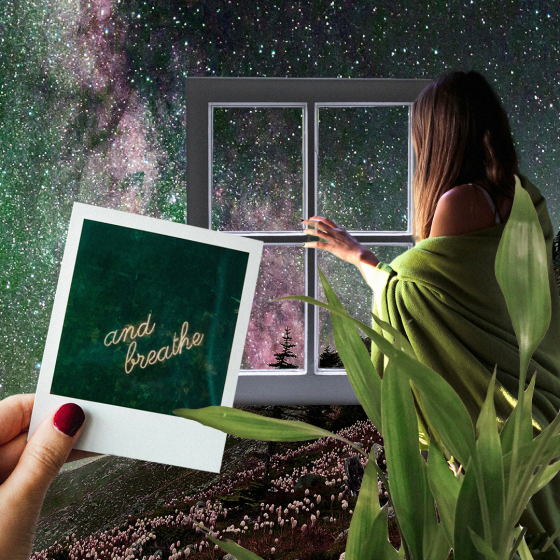This month, Restless Network launched our in app book club with Glennon Doyle’s “Untamed”. While we dropped in thoughts throughout the month in the group chat, we also ended with a video meet up where we had a chance to get to know each other, discuss lessons learned from the book, and connect over our shared resistance to the patriarchy. Wine was had, and laughs were shared.
If you didn’t have a chance to participate, you can find the questions we discussed below. Part of why we loved this book so much was because Glennon consistently brought to light universal truths that are too often ignored. Even if you haven’t read the book, below are great prompts to help you think critically about your life and the world we live in.
Book Club Questions
What parts of the book stood out to you the most?
Glennon opens “Untamed” with the story of Tabitha, a caged cheetah she encounters on a family trip to a safari park. Glennon watches Tabitha stalk the periphery of the field where she’s kept captive. She imagines Tabitha’s inner doubts, and her quick dismissal of those internal questions. Glennon imagines Tabitha saying to herself, “I should be grateful. I have a good enough life.” What does the phrase “good enough life” mean to you? Do you ever find yourself silencing your own inner voice?
At one point Glennon writes of her childhood: “Where did my spark go at ten? How had I lost myself?” She soon recognizes that at age ten, she began to let go of her true self to be the “good girl” society expected her to be. She writes, “I was wild until I was tamed by shame.” How would you describe yourself as a young child? Does a particular age in your childhood stand out as pivotal turning point for you?
Glennon writes that “the end goal of every patriarchal culture is to convince women to control themselves.” What messages have you received from your culture—messages from parents, friends, childhood stories, advertisers, religious groups, and politicians—that try to convince you to control yourself?
Glennon describes making friends with Elizabeth Gilbert and discovering “a new friendship memo. ” One with “no arbitrary rules or obligations or expectations.” Think about the the friendships in your life. In what ways do they operate by “arbitrary rules”? How do those rules serve you and your friends? If you were to rewrite the rules of some of your friendships, what would the new rules be?
Glennon writes that “while choosing joy makes it easier for me to love myself and my life, it seems to make it harder for the world to love me.” She continues on to say that we “proclaim: Women are entitled to take their rightful place! Then, when a woman does take her rightful place, our first reaction is: She’s so . . . entitled.” Do you agree with this observation? Why do you think it is often easier to like a woman when she is struggling, when she admits to being “a mess”? Why are we often so unhappy to see a woman thrive?
*hint: internalized misogyny!
Glennon writes that “to live a life of her own, each woman must answer: What do I love? What makes me come alive? What is beauty to me and how do I take time to fill up with it?” Answer those questions for yourself. What do you love and how do you prioritize it in your own life?
Glennon writes, “We forgot how to know when we learned how to please.” Does this feel true to you? Do you ever find yourself ignoring your own instincts in favor of pleasing others? When? Why?
What are your key takeaways from this book?
Want to join in on Restless Network’s monthly book club? Sign up for the app, and keep an eye out for updates on the community & good news feeds! Download on the Android store here and the IOS store here.









